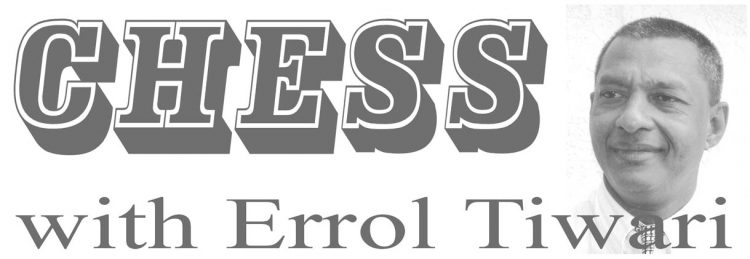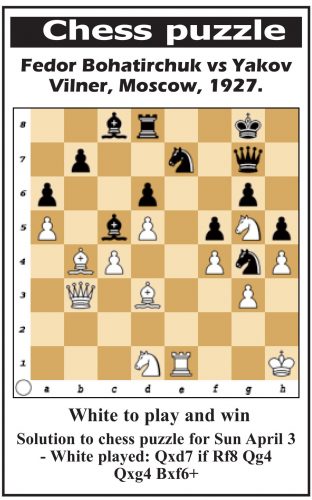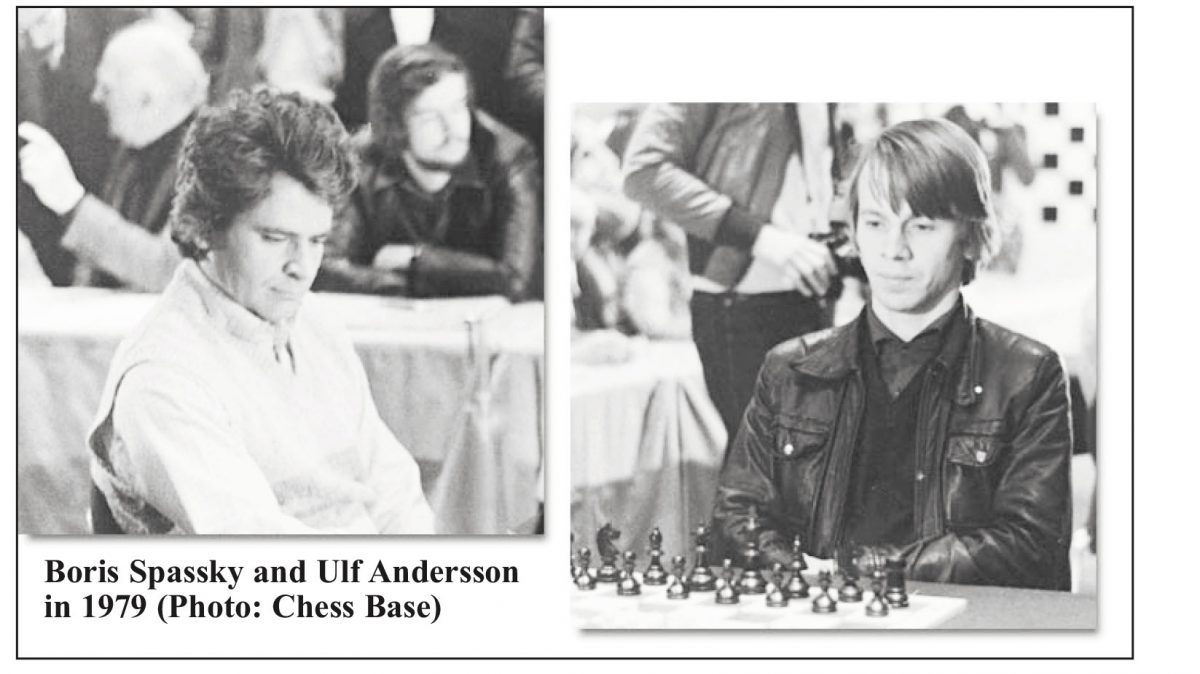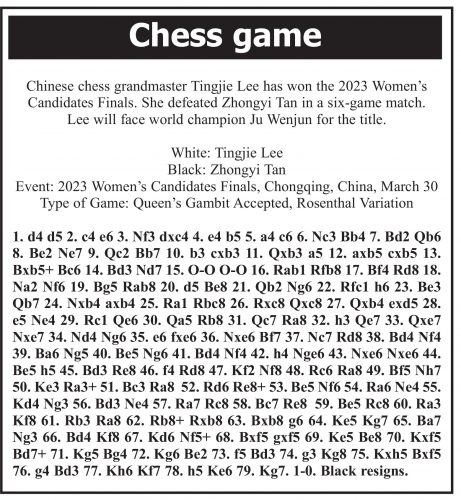 In 1979, there was a strong grandmaster chess tournament in Munich in which Dr Helmut Pfleger, a grandmaster himself, sought to monitor the heart rates of players. Two of the volunteers were former world champion Boris Spassky and Ulf Andersson who wore pulse monitors. The idea at the time was to gain an understanding of what emotions affect top level play.
In 1979, there was a strong grandmaster chess tournament in Munich in which Dr Helmut Pfleger, a grandmaster himself, sought to monitor the heart rates of players. Two of the volunteers were former world champion Boris Spassky and Ulf Andersson who wore pulse monitors. The idea at the time was to gain an understanding of what emotions affect top level play.
Emotions which are reflected in our behaviour and physiology are, for example, anxiety, calmness, stress and optimism. These can all affect our performances for better or worse. Emotions from behavioural expressions such as voice and face can be controlled and altered, but the same is not true for physiological sources. One cannot control the way one’s heart beats or palms sweat.
 Editor-in-Chief of Chess Base Frederic Friedel notes: “While highly structured logical thinking plays a key role in chess, emotions are important as well. For example, a top player can make seemingly amateurish or trivial mistakes based on his or her emotional state (eg too relaxed, nervous, etc which affects their cognitive abilities such as to think creatively or make decisions) during the game. And while some players are expressive (facial reactions) others are not – for example they can make a blunder and act as if nothing has happened.”
Editor-in-Chief of Chess Base Frederic Friedel notes: “While highly structured logical thinking plays a key role in chess, emotions are important as well. For example, a top player can make seemingly amateurish or trivial mistakes based on his or her emotional state (eg too relaxed, nervous, etc which affects their cognitive abilities such as to think creatively or make decisions) during the game. And while some players are expressive (facial reactions) others are not – for example they can make a blunder and act as if nothing has happened.”
When you play competitive chess, the person who has been physically active has the advantage. Bobby Fischer swam a lot to keep himself in shape. The mental demands of chess can trigger serious stress levels in your body. Heart rates refer to the number of times the heart beats per minute (bpm) In a relaxed state, a typical resting heart rate is around 60-80 bpm. When you are under stress or engaging in other physical activity your heart rate increases to supply more oxygen and nutrients to the muscles and organs.
Last month, at the World Chess Armageddon Championship Series, eight grandmasters, heartbeats were measured during the tournament. Six registered bpm measuring 160 and over, which is equal to that of an athlete. In the game of chess the player sitting on a chair and competing, has a higher heart rate than the man running a marathon!










